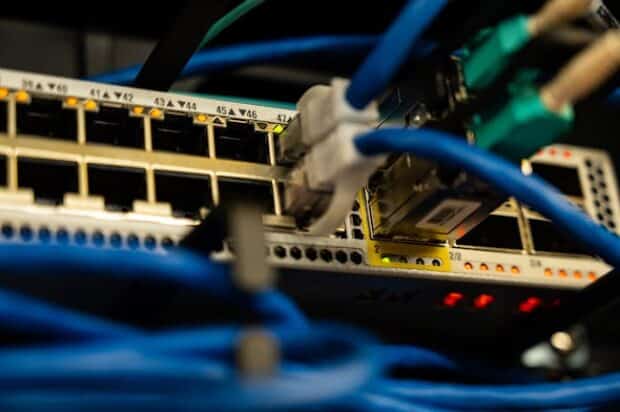Cable theft must have heavier penalties – consumer group

MANILA, PHILIPPINES – Consumer advocacy group CitizenWatch urges the government to institute stiffer penalties against cable theft due to its long-term economic impact.
“This is tantamount to economic sabotage,” says CitizenWatch Philippines co-convenor Orlando Oxales.
READ: Boost internet connectivity for PH schools – CitizenWatch
“No less than the National Telecommunications Commission has said these (incidents) lead to millions of pesos in losses and service disruptions,” he notes.
In 2024, the National Telecommunications Commission (NTC) reported roughly 1,800 cable theft nationwide.
Consequently, these instances caused service outages that affected approximately 100,000 customers.
Each incident requires fixing damaged infrastructure, which costs approximately cost around ₱2 million.
Oxales explains copper’s high value in the black market makes copper wiring highly attractive to thieves.
Telecommunication service providers face significant disruptions in rural areas. As a result, they can lose access to infrastructure essential to local economies and public services.
The government penalizes cable theft with imprisonment for two to five years, with fines ranging from ₱50,000 to ₱100,000.
These are terms under Republic Act No. 10515 or the “Anti-Cable Television and Cable Internet Tapping Act of 2013.”
Oxales says the government must classify cable theft as a serious crime punishable by higher fines and longer jail time.
“This is because cable theft not only disrupts connectivity in individual households. It also hampers economic activities that rely on stable telecommunications networks,” he emphasizes.
The CitizenWatch co-convenor cites examples like online businesses, banking services and online classes.
“Specifically, small and medium enterprises are vulnerable. Just a few hours of service interruption can result in operational delays. This would then translate to revenue loss and customer dissatisfaction,” he notes.
More importantly, Oxales says cable theft jeopardizes national security. “Theft, vandalism or sabotage of this infrastructure puts our public safety and national defense at risk, exposing the country to heightened security threats.”